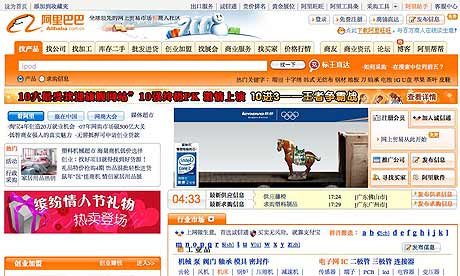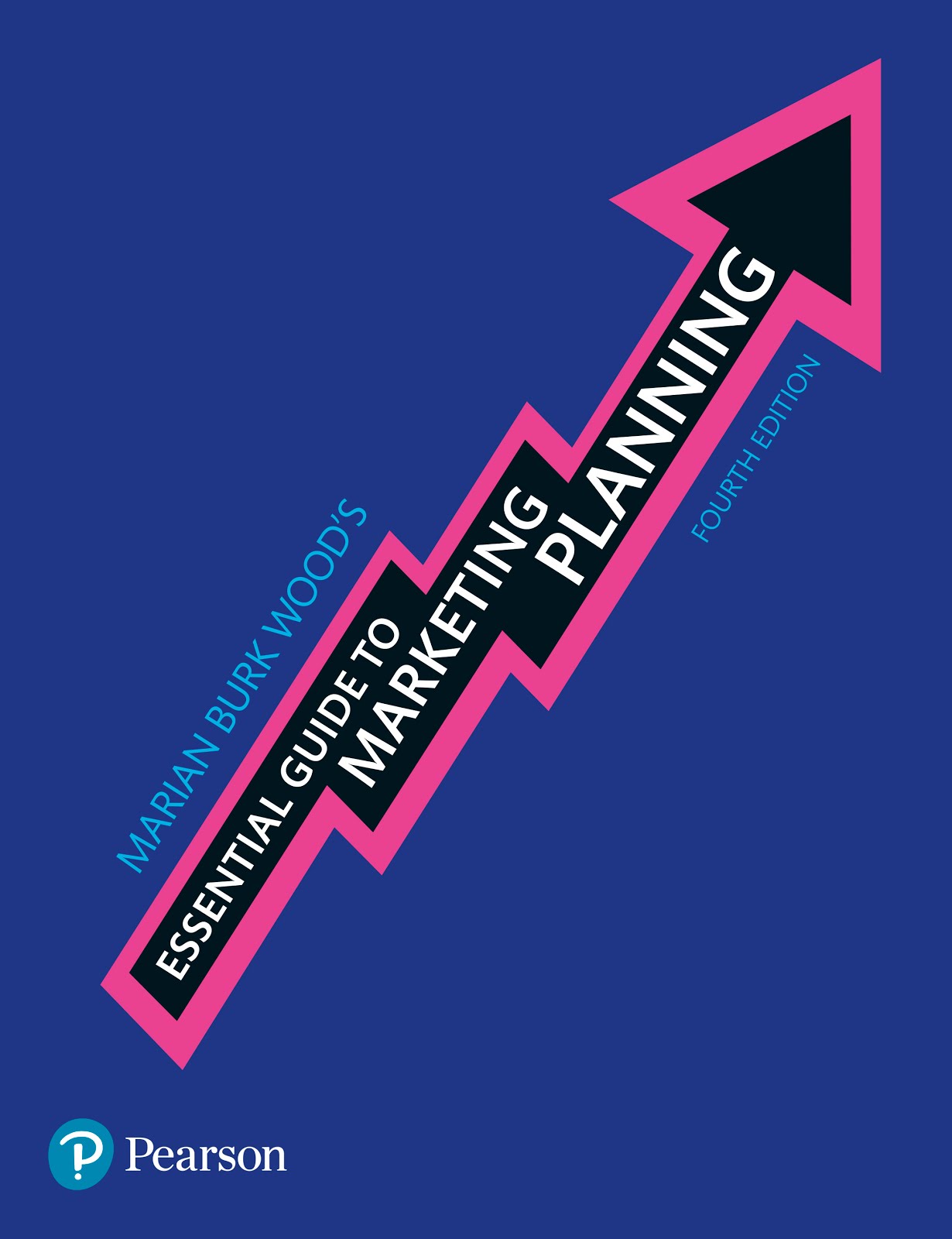 URLs will begin appearing in Arabic, Chinese, Hindu, Japanese, Russian Cyrillic and other languages not based on Latin letters.
URLs will begin appearing in Arabic, Chinese, Hindu, Japanese, Russian Cyrillic and other languages not based on Latin letters.ICANN, which is the Internet's primary governing body, announced this change just yesterday.
The president of ICANN, quoted in the Guardian, says:
"Of the 1.6 billion users today worldwide, more than half use languages that have scripts that are not Latin-based." IMHO, this is a great idea because it really opens up the Internet to the international community. Not everyone thinks this is a good idea, however. PC World columnist David Coursey complains, in a headline, that "ICANN approves domain names we can't type." Actually, ICANN's action will allow billions of people to type domain names in their native languages.







